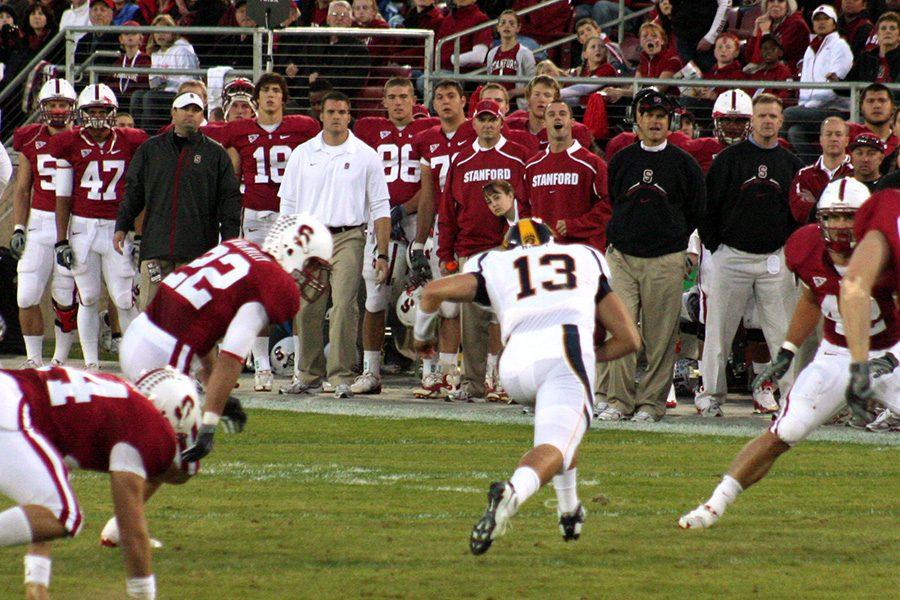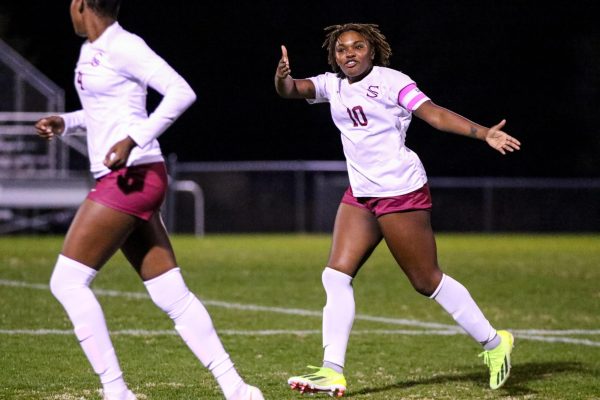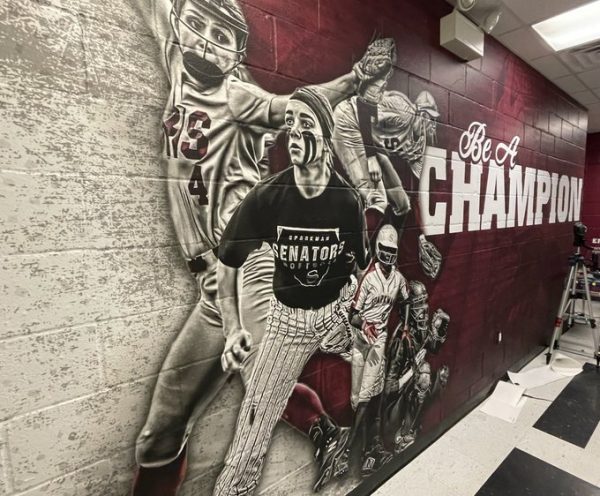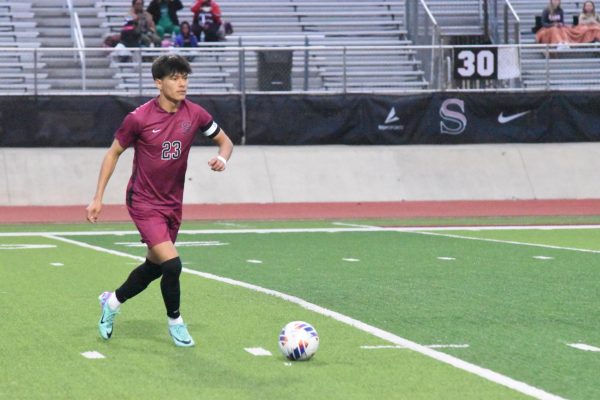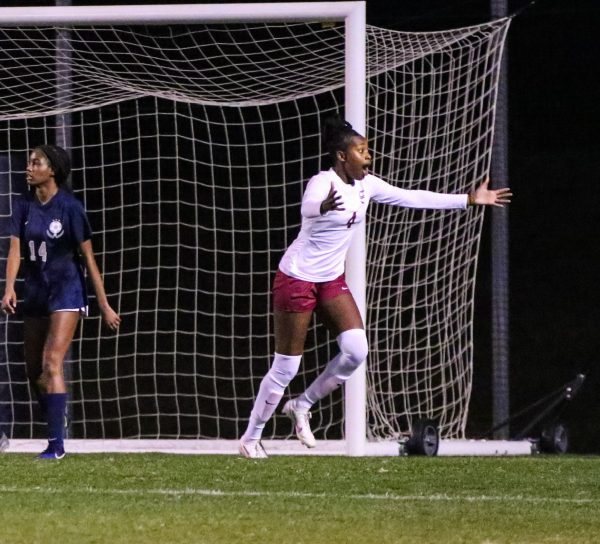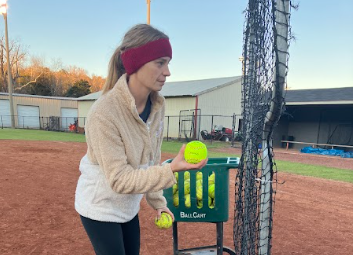Collegiate Stars Opt Out of Bowl Games: Draw Nationwide Criticism
Photo Credit: unknown
Over the past few weeks, a lot of criticism has been directed toward a handful of premier college football talents who have decided to skip their team’s final game of the year and declare for the 2017 NFL Draft early. The two biggest names in this group are star Junior running backs – Leonard Fournette (LSU), and Christian McCaffrey (Stanford). The critics are saying that their draft stock should fall because it shows a lack of competitive fire and poor leadership, but both the LSU Tigers and the Stanford Cardinals have fully supported their prized backs, and you clearly cannot make it to the level that they are at without a competitive fire.
Like it or not, these players are making the best decision for their futures. In the past we have seen a few players have career altering injuries in their final collegiate games. NFL teams associate a fair amount of risk with drafting players coming off major injuries, and these players, therefore, fall in the draft and lose millions of dollars.
The most recent example of this came in last year’s Fiesta Bowl. Notre Dame linebacker and Captain, Jaylon Smith suffered a devastating knee injury. Smith was a top five projected pick before his injury, but on draft day he fell all the way to the second round, 34th overall. Another unfortunate incident occurred in the 2003 National Championship game, Miami’s standout running back Willis Mcgahee suffered a major knee injury. Before his injury, Mcgahee was projected to be a top 5 pick, but on his draft day he fell to 23rd overall.
Both Mcgahee and Smith only fell 20-30 spots, so what’s the big deal? The big deal is a couple million dollars. The NFL has restrictions and guidelines on rookie contracts, so basically the higher you get drafted, the more you get paid. Most rookie contracts are 4 years long, and in 2016 the average top 5 pick signed a contract worth roughly 25 million dollars, while the average 6-10 picks signed contracts worth approximately 18 million dollars. While the top 10 picks were enjoying huge contracts, the later picks in the first round were happy to sign big, but uncomparable contracts. Picks 23-27 signed contracts worth about 9.75 million dollars, and picks 28-32 signed contracts worth roughly 8.75 million dollars. Jaylon Smith was expected to go 4th overall, which would have given him a contract for 4 years worth 23.5 million dollars fully guaranteed, he ended up signing a contract for 4 years worth only 6.5 million with only 4.5 million guaranteed. So yeah, sliding 20-30 spots in the first round will significantly lighten your pockets.
Fournette is currently projected to be a top 5 pick, and McCaffrey is projected to go late in the first round. Any major injury to either of the running backs could cost them many millions of dollars. There is even a steep drop off for players that fall out of the first round – second round draft picks only sign contracts worth about 5 million and third round draft picks will sign contracts worth around 3 million. It is no coincidence that both of these players play the same position either. It is no secret that running backs play the most injury prone position, and running backs have the shortest NFL lifespans, so it is no surprise that these players want to protect their bodies.
There is a big difference between Mcgahee and Smith’s situation from McCaffrey and Fournette though. Mcgahee and Smith were playing in major bowl games, and in Mcgahee’s case a National Championship. Fournette skipped out on the Citrus Bowl which LSU easily won, and McCaffrey passed on the Sun Bowl which is a relatively insignificant game in the national college football landscape. This made it a much easier choice for them. If LSU or Stanford had made it to the playoffs, I’m 99 percent sure they would have kept playing.
Reaching a bowl game has become a seemingly unimpressive accomplishment over the years. Power Five teams usually only need to win two or three conference games to make it to the “postseason”. Some teams had a winning percentage below .500 and still made it to a bowl game this year. Players are becoming more and more aware of the dangers of the game and the big money they could lose if they chance it during a bowl game that most people don’t care about. I think more and more collegiate stars will opt out of their team’s bowl game in future years. This gives the NCAA another good reason to expand the playoff to eight teams, which will get more players playing for something significant in their final games at the collegiate level.


